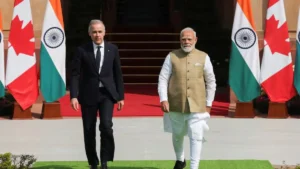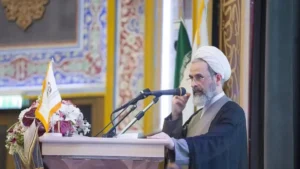The New Zealand government plans to revoke a pioneering law scheduled for implementation in July. This law, considered the toughest globally, aimed to ban tobacco sales to individuals born after January 1, 2009, while also reducing nicotine content and slashing tobacco retailers by over 90%.
Background: The World’s Toughest Anti-Tobacco Rules
- A pioneering law was set to take effect from July, imposing the toughest anti-tobacco measures globally.
- Sales to individuals born after Jan. 1, 2009, would have been prohibited, alongside other stringent regulations.
- The legislation aimed to drastically reduce nicotine content and slash the number of tobacco retailers by over 90%.
Government’s Repeal Decision
- The new coalition government, elected in October, has announced the urgent repeal of the groundbreaking law.
- Repeal will occur without public consultation, aligning with previous plans of the administration.
Minister’s Perspective
- Associate Health Minister Casey Costello affirms the government’s commitment to combat smoking.
- Costello emphasizes a different regulatory strategy to discourage smoking and mitigate its harms.
- Plans include presenting alternative measures to aid smoking cessation and tightening regulations on vaping, particularly targeting youth.
Criticism and Concerns
- The decision faces significant criticism, particularly regarding its potential health impact in New Zealand.
- Concerns are raised about the disproportionate effects on Maori and Pasifika communities, where smoking rates are higher.
- Critics argue that repeal contradicts robust research supporting the efficacy of the now-repealed law.
Critics’ Call for Evidence-Based Approaches
- The repeal of New Zealand’s groundbreaking anti-tobacco law sparks intense debate and raises concerns about its repercussions.
- While the government emphasizes alternative strategies to combat smoking, critics argue for evidence-based approaches to tackle the issue effectively and equitably.




 India AI Impact Summit 2026 Outcomes: De...
India AI Impact Summit 2026 Outcomes: De...
 India, Canada Announce Strategic Energy ...
India, Canada Announce Strategic Energy ...
 Iran Names Ayatollah Alireza Arafi as Te...
Iran Names Ayatollah Alireza Arafi as Te...








